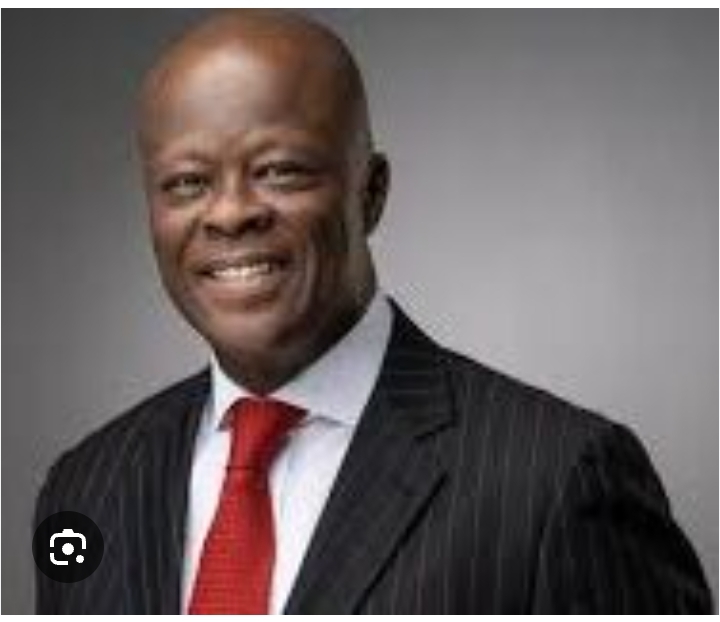
Mission 300, which is to provide access to electricity to 300 million people in Sub-Sahara Africa by 2030 is critical to the development of Africa in as a whole and the development of Nigeria in particular.
Minister For Finance, Mr Olawale Edun who stated this at the 2024 Annual Meetings of the World Bank Group and the International Monetary Fund in Washington DC says Nigeria has about 90 million people that do not have access to electricity.
Agreeing with what the World Bank President Ajay Banga said that electricity was a human right, Edun noted that there is no development without electricity, neither would there be industrialization, nor modernization.
“ In August, the African Caucus, that’s the grouping of African Finance Ministers and central Bank Governors wholly supported Mission 300 as something they would commit to and 15 are already in the process of signing or developing compacts that will give the roadmap to getting and providing electricity for their people under this important initiative.”
“As part of our overall macroeconomic reforms, we are at the domestic level. We are putting in place policies and a framework and even an environment that will encourage private sector investment and I think this is key. Already in Nigeria, we do have private sector participation in the electricity sector. We have liberalization of the electricity sector but up to date now, we have not gotten it right. I think our compact will be pushing us in the Direction of market-based solutions in terms of pricing, in terms of investment, in terms of entry and exit into the electricity market. That should get us over the edge in terms of putting us in a place where we can provide electricity to all Nigerians.”
Speaking on women empowerment, the Minister says it starts from education saying you get a fair deal when women are educated, and that the World Bank through its various programmers is helping school age girls and calling it a good initiative because education gives access to jobs, gives access to needed skills even as an entrepreneur.
“And we do have specific programmers aimed at the young. We have investment in digital and creative economy that specifically sets aside funding for young women entrepreneurs and it’s a recognition, and we do have throughout our codes, our governance codes, our business codes, commitment.”
“Even at the political front, we have commitment to having a certain number of women participate so thereby giving them access in boardrooms, giving them access to the political space, for example, at the presidential level, applying for the form in order to run for president was free for women who decided to put their hat in the ring, and that’s just an example of the indication that at all levels of the society, it is recognized that if you leave out women, if you leave out young girls from having education, from having opportunity, you are trying to fly on one engine when you have two, and you can go so much farther and so much faster.”
On the International Development Association, IDA, Mr Wale Edun said replenishment is critical.
“We are talking about a Bigger, Better bank. We are talking about more concessional financing for developing countries and of course IDA is critical. I got a figure today, I think since inception, about $320 billion has been provided, much more than has been paid in terms of capital IBRD, than the main bank lending program itself. However, we do wish this to be a record IDA year.”
According to the Minister, IDA financing is what gives that extra affordability as It’s concessional, long term with a relatively low interest rate, saying most of Nigeria’s programmes with the World Bank are IDA financed and it’s a function of the level of poverty that we are facing and fighting in the country.
“So I think that whether it is budget support for the government’s macroeconomic reforms, which are critical in helping us stay the course or whether it is specific funding aimed at the health sector, aimed at the climate adaptation or even as we said earlier, aimed at gender issues, IDA is a critical part of the funding of the Nigeria’s development effort at this stage, and until we get out of this poverty levels that we are in, or until we get to become a middle-income country, IDA will be a critical part of our financing package and we rely on it enormously, and we value it enormously, and it has made a big difference to Nigeria.” He said.
